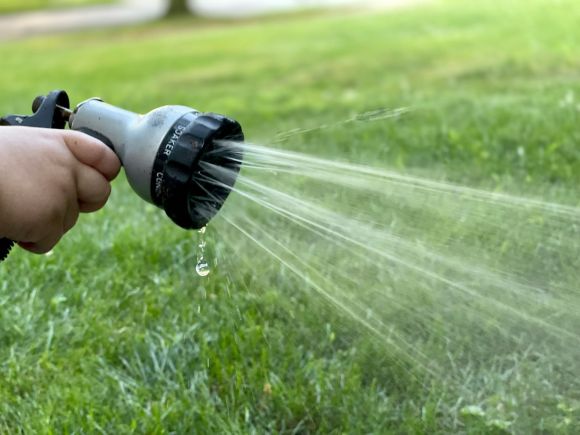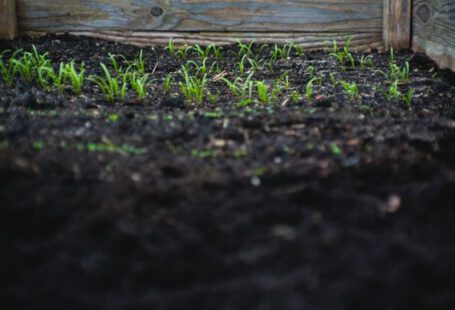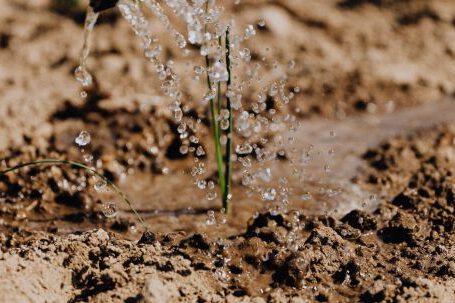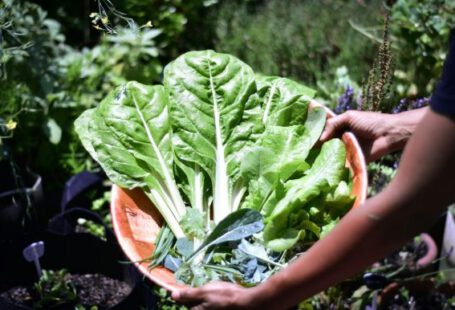Drip irrigation systems have become increasingly popular in recent years due to their numerous benefits. This irrigation method, also known as micro-irrigation, involves the slow and controlled application of water directly to the plant’s root zone, resulting in efficient water usage and healthier plants. In this article, we will explore the various advantages of drip irrigation systems and why they are a smart choice for farmers and gardeners.
1. Water Conservation
One of the primary benefits of drip irrigation systems is their ability to conserve water. Unlike traditional sprinkler systems that tend to waste water through evaporation or runoff, drip irrigation delivers water directly to the plant’s roots, reducing water loss. The slow and precise application of water also prevents overwatering, which can lead to waterlogged soil and root rot. By using drip irrigation, water usage can be reduced by up to 50%, making it an eco-friendly choice.
2. Improved Plant Health
Drip irrigation systems promote healthier plant growth by providing a consistent water supply to the roots. Unlike overhead watering methods that can result in wet foliage and increase the risk of diseases, drip irrigation keeps the plant’s leaves dry, reducing the likelihood of fungal infections. Additionally, the controlled release of water ensures that each plant receives the necessary amount of water, resulting in more robust and productive plants.
3. Weed Control
Drip irrigation systems can also aid in weed control by delivering water only to the desired plants. By avoiding the application of water to unwanted areas, such as between rows or in unplanted areas, weed seeds are less likely to germinate. Additionally, drip irrigation eliminates the need for overhead watering, which can inadvertently promote weed growth. With targeted water delivery, gardeners and farmers can save time and effort in weed management.
4. Reduced Soil Erosion
Traditional irrigation methods, such as sprinklers, can lead to soil erosion due to the forceful application of water. However, drip irrigation systems minimize soil erosion by delivering water slowly and gently to the root zone. This allows the water to penetrate the soil gradually, reducing runoff and preventing soil erosion. By preserving the integrity of the soil, drip irrigation helps maintain a healthy growing environment for plants.
5. Versatility and Flexibility
Drip irrigation systems offer versatility and flexibility, making them suitable for various landscapes and plant types. They can be easily customized to accommodate different layouts, whether it’s a small backyard garden or a large agricultural field. Drip irrigation systems can also be adapted to different soil types, allowing for optimal water distribution regardless of the soil’s texture or composition. Additionally, they can be automated using timers and sensors, providing convenience and saving time for busy gardeners and farmers.
In conclusion,
Drip irrigation systems provide numerous benefits, including water conservation, improved plant health, weed control, reduced soil erosion, and versatility. By adopting this efficient and targeted irrigation method, gardeners and farmers can maximize water usage, promote healthy plant growth, and simplify their weed management efforts. Whether you are a small-scale gardener or a commercial farmer, implementing a drip irrigation system can enhance your gardening experience and contribute to a more sustainable future.





